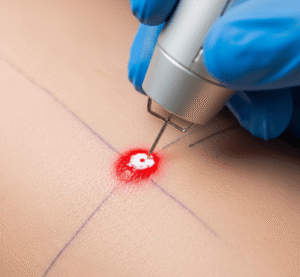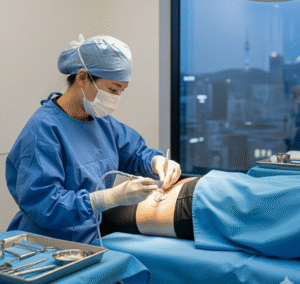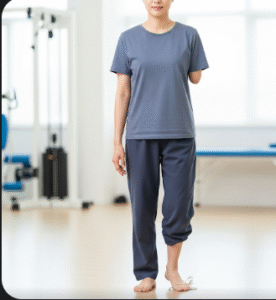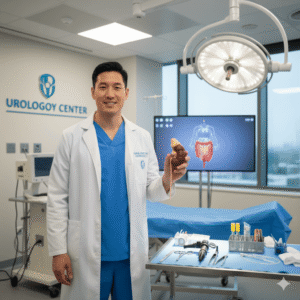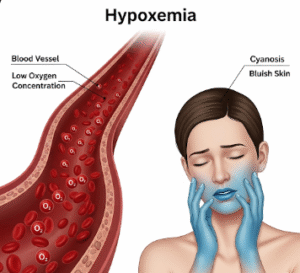Overview
Early onset dementia is a type of dementia that develops before the age of 65. While dementia is commonly associated with older adults, this earlier form can be particularly challenging because it affects individuals during their working years and family responsibilities. In Korea, early detection programs, advanced neuroimaging, and specialized dementia care centers are helping patients and families manage the condition more effectively.
What is Early Onset Dementia?
Early onset dementia refers to a decline in memory, thinking, and reasoning abilities in people under 65. It is not a single disease but a term that covers several types of dementia, including Alzheimer’s disease, vascular dementia, and frontotemporal dementia. Unlike age-related forgetfulness, early onset dementia causes significant disruptions in daily life, employment, and relationships.
Symptoms
- Memory loss and confusion at a younger age
- Difficulty with planning, problem-solving, or completing work tasks
- Trouble with language, communication, and decision-making
- Changes in mood, personality, or social behavior
- Difficulty recognizing familiar people or places
- Decline in job performance or inability to manage household responsibilities
Causes
- Alzheimer’s disease (most common cause)
- Frontotemporal dementia (affecting behavior and speech)
- Vascular dementia (caused by reduced blood flow to the brain)
- Genetic factors (rare inherited forms of dementia)
- Brain injuries, infections, or autoimmune disorders
Risk Factors
- Family history of dementia
- Genetic mutations (e.g., APP, PSEN1, PSEN2 genes)
- Cardiovascular conditions such as high blood pressure, diabetes, or obesity
- Traumatic brain injury
- Lifestyle factors such as smoking and heavy alcohol use
Complications
- Early loss of independence
- Challenges maintaining employment and income
- Strain on family and caregivers
- Increased risk of depression and anxiety
- Need for long-term medical and social support at a younger age
Prevention
Although early onset dementia cannot always be prevented, lifestyle choices may lower the risk:
- Managing cardiovascular health (blood pressure, cholesterol, and diabetes)
- Engaging in regular physical activity
- Maintaining a brain-healthy diet (rich in fruits, vegetables, whole grains, and omega-3 fatty acids)
- Avoiding smoking and limiting alcohol intake
- Staying mentally and socially active
- Seeking genetic counseling if there is a family history
Treatment Options in Korea
Korea has advanced dementia care supported by top hospitals such as Seoul National University Hospital, Asan Medical Center, and Samsung Medical Center. Treatment emphasizes symptom management, slowing disease progression, and improving quality of life.
- Diagnosis
- Brain imaging (MRI, PET scans)
- Neurocognitive and psychological tests
- Genetic testing for familial dementia
- Medications
- Cholinesterase inhibitors (donepezil, rivastigmine, galantamine) to support memory and thinking
- Memantine for moderate to severe symptoms
- Antidepressants and antipsychotics for mood and behavioral issues
- Therapies
- Cognitive rehabilitation and memory training
- Occupational therapy to improve independence in daily activities
- Counseling and support groups for patients and caregivers
- Community and Lifestyle Support
- Specialized dementia care centers and memory clinics in Korea
- Government programs offering caregiver education and financial support
- Long-term care homes for advanced cases
- Research and Innovation
- Korean researchers are exploring stem cell therapy, precision medicine, and digital health technologies (AI-driven cognitive monitoring) to improve early diagnosis and treatment outcomes.


